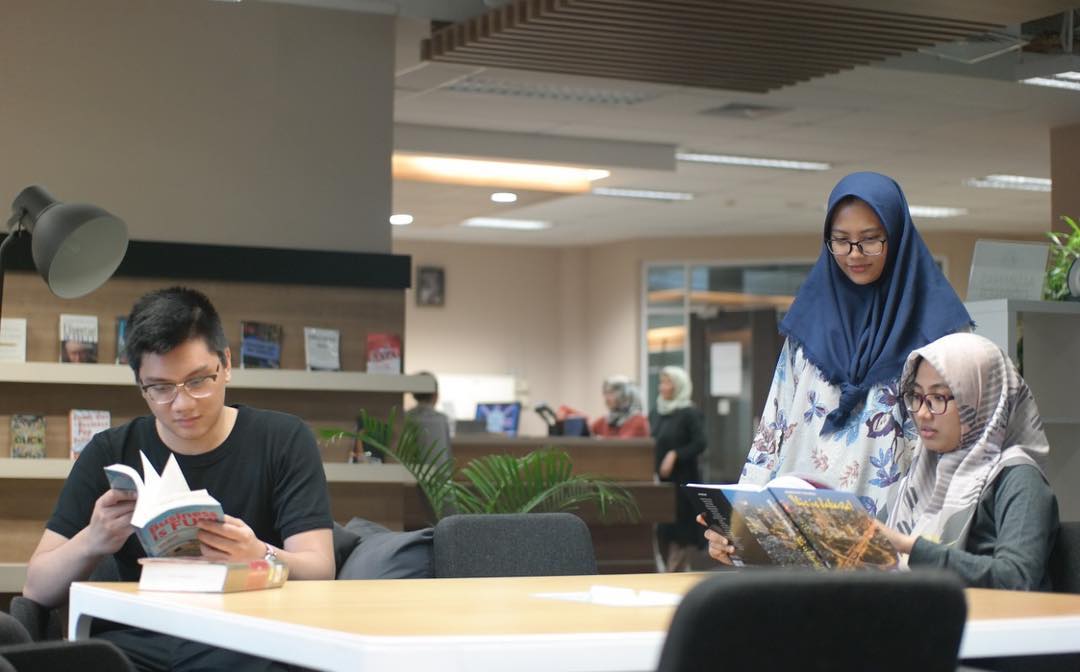Yoshuara, Hans Hanpin (2024) Financial and stock performance evaluation of the Fast-moving consumer goods (FMCG) industry in Indonesia before and during the COVID-19 pandemic. Graduate thesis, Sekolah Tinggi Manajemen IPMI.
|
Text
Cover -- Abstrak - Hans Hanpin Yoshuara.pdf Restricted to Registered users only Download (196kB) |
|
|
Text
Chapter 1 - Hans Hanpin Yoshuara.pdf Restricted to Registered users only Download (258kB) |
|
|
Text
Chapter 2 - Hans Hanpin Yoshuara.pdf Restricted to Registered users only Download (144kB) |
|
|
Text
Chapter 3 - Hans Hanpin Yoshuara.pdf Restricted to Registered users only Download (171kB) |
|
|
Text
Chapter 4 - Hans Hanpin Yoshuara.pdf Restricted to Registered users only Download (1MB) |
|
|
Text
Chapter 5 - Hans Hanpin Yoshuara.pdf Restricted to Registered users only Download (18kB) |
|
|
Text
References - Hans Hanpin Yoshuara.pdf Restricted to Registered users only Download (164kB) |
Abstract
The COVID-19 pandemic breakout in early 2020 had caused major panics around the globe, with Indonesia being one of the countries affected with 47,150 deaths reported from March 2020 to May 2021. To contain the virus, the government implemented large scale social restrictions which led to various lock downs, disruptions in business activities and economic slowdown. The fast-moving consumer goods (FMCG) industry however, still experienced increasing market demand for personal care, health products and staple foods as the lockdowns stipulated stockpiling. The purpose of this study is to evaluate the financial and stock performance of the fast moving consumer goods (FMCG) industry in Indonesia before and during the COVID-19 pandemic by comparing the return on equity (ROE), net profit margin (NPM), current ratio (CR), debt to asset ratio (DAR), total asset turnover (TAT), price to earning ratio (PER) and price to book value (PBV) before the pandemix years (2017-2019) and during the pandemic years (2020-2022). This research uses a quantitative inferential research method with secondary data from 144 quarterly financial statements from the period 2017-2022 from six FMCG companies in Indonesia; PT. Indofood sukses makmur Tbk, PT Mayora inda Tbk, PT Unilever Indonesia Tbk, PT nippon Indosari Corpindo Tbk, PT Kalbe Farma Tbk, PT Kino Indonesia Tbk. The results showed that the COVID-19 pandemic negatively affected management efficiency as measured by the negative difference in TAT and positively affected stock performance measured by the positive difference in PER. The COVID-19 pandemic had no significant effect on the other variables. The industry was still able to maintain profitability, liquidity and debt levels. It is recommended that the industry invest more in digitalization to improve efficiency and renegotiate terms with suppliers to improve liquidity and leverage in case of future economic disruptions. management should also utilize increased capital from investors and pay attention to the macro business environment.
| Item Type: | Thesis (Graduate) |
|---|---|
| Subjects: | H Social Sciences > H Social Sciences (General) H Social Sciences > HJ Public Finance |
| Divisions: | Thesis > Master of Business Administration |
| Depositing User: | Dwi Selviyana |
| Date Deposited: | 04 Jul 2024 09:48 |
| Last Modified: | 04 Jul 2024 09:48 |
| URI: | http://repository.ipmi.ac.id/id/eprint/2523 |
Actions (login required)
 |
View Item |

